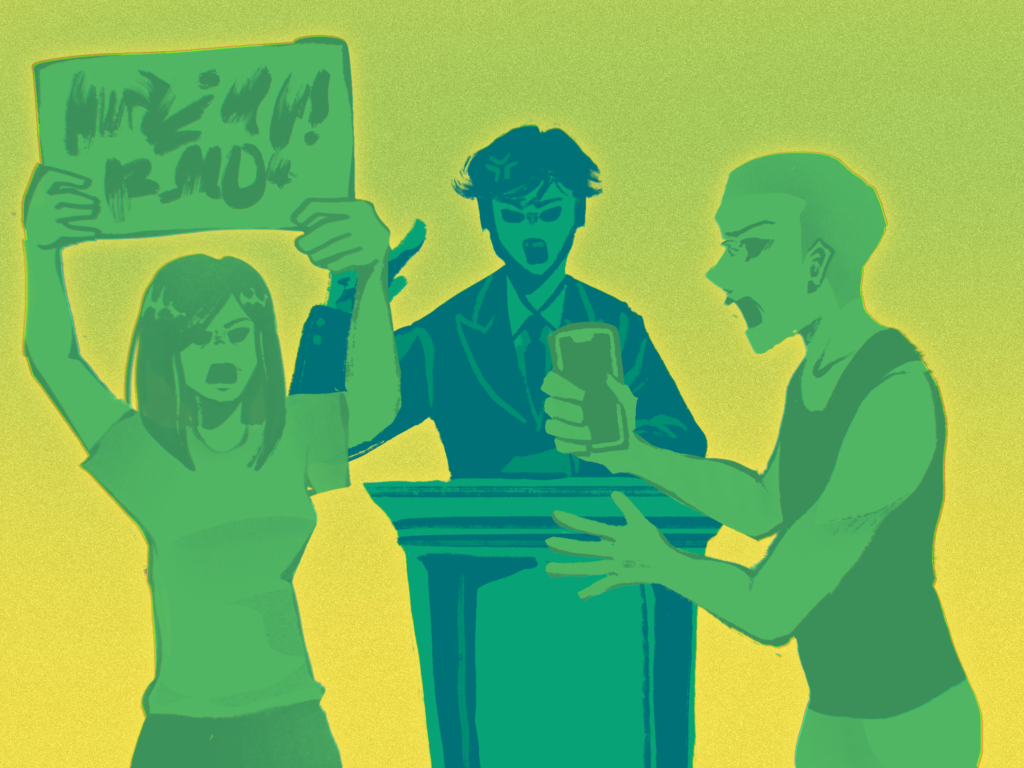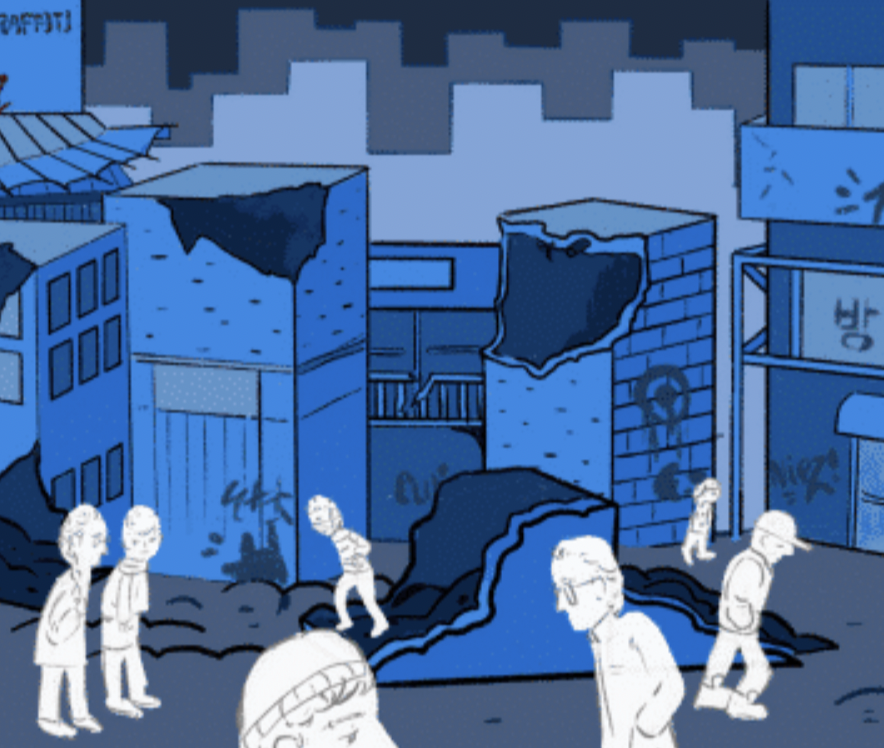Too Often, Shooting Survivors’ Mental Health is Neglected
For the past two weeks, people across the country have been mourning the loss of three people to apparent suicide. These suicides seem to have been caused by one common factor: the mass shootings that turned their lives upside down. Sydney Aiello and an unnamed sophomore were both survivors of the shooting at Marjory Stoneman Douglas High School, in Parkland, Florida last year. Jeremy Richman was the father of six-year-old Avielle Richman, whose life was taken at the Sandy Hook Elementary School shooting in Newtown, Connecticut in 2012. While the victims’ families mourn the suicides of these loved ones, Americans must re-examine how we talk about and treat mental health.
The state of mental health in our generation is rapidly declining. As stated by the American Psychological Association, “Compared with other generations, Gen Z is least likely to report very good or excellent mental health.” The danger of the increasing suicide rate among teens is compounded for people like Aiello who have experienced traumatic events. According to her mother, Aiello suffered from survivor’s guilt and was diagnosed with Post Traumatic Stress Disorder (PTSD) following the Parkland shooting. There should have been a support system in place for people like Aiello, but because of the stigma surrounding mental health in this country, there was not; a report from the National Center for Education Statistics disclosed that only 64% of schools have resources available for those struggling from mental health disorders.
The conversation about mental health has stalled within the United States because of the examples our leaders have set for us. Many conservatives seem to only care about mental health when they can use it as evidence against the fight for gun control. And on the other side, many liberals sometimes become so fixated on preventing another tragedy that they forget that those who survived may need help healing. The result is that, too often, mental health takes a back seat. Additionally, such deadly mass shootings are not something that other generations have had to deal with. According to Politico, the number of victims shot in mass public shootings has reached a 40-year high. Because of this, younger generations have no one to look up to as they try to find ways to cope with the realities of a world where mass shootings happen so often that they have been normalized.
So, what can we do to help those who have lived through trauma to heal? First, Americans must work to acknowledge others’ pain, educate themselves, and seek professional help for those who need it. We cannot keep waiting for a tragedy to happen to open up the conversation about mental health only to drop that discussion when the world loses interest. To help these struggling survivors, Americans must actively advocate for more accessible professional help for those dealing with mental-health issues.
As Americans, the fight over gun control in an attempt to prevent another school shooting proves distracting in the aftermath of a tragedy. We need to work on learning to support those who have already lived through one — it is not enough to just feel bad. Those of us that have not been affected by a mass shooting have the luxury of eventually forgetting about it and moving on, but not everyone is so lucky. For the survivors of mass shootings, and for the people they lost, we must keep the conversation about mental health going, even after public interest in the tragedy fades.
Having thoughts of suicide? Call the National Suicide Prevention Lifeline at 1-800-273-8255, or visit SuicidePreventionLifeline.org.




